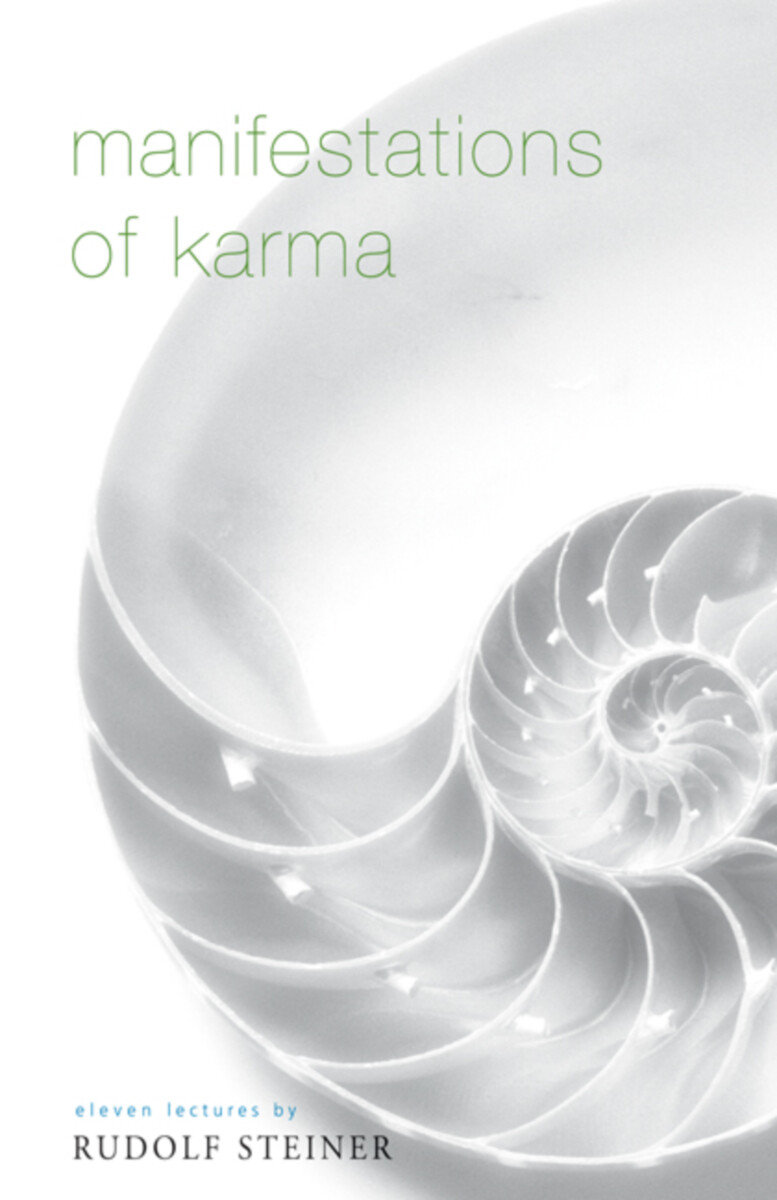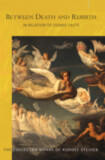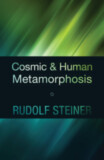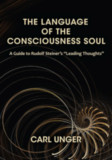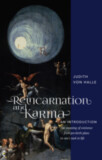Manifestations of Karma
(CW 120)
- Publisher
Rudolf Steiner Press - Published
1st September 1996 - ISBN 9781855840584
- Language English
- Pages 240 pp.
11 lectures, Hamburg May 16-28, 1910 (CW 120)
Why do people en-counter such different events and circumstances in life? What is behind diseases, accidents, and natural disasters? Rudolf Steiner speaks of karma as a reality that, if we understand it, answers the questions that arise as we begin to look seriously for life's meaning and purpose. We create our own karma in every area of existence, laying the foundation in one incarnation for the next. The whole pattern is not contained in one but in many lives on earth. Steiner tells us that we can gain acceptance and a sense of purpose by recognizing that self-induced karma is always in the process of being resolved.
About karma and animals; health and illness; the curability and incurability of diseases; accidents; volcanoes, earthquakes, and epidemics; the karma of higher beings; free will in the future of human evolution; and individual and shared karma.
“By exploring the more hidden aspects of a whole range of life phenomena in the light of the evolution of our planet Rudolf Steiner raises our consciousness to the vital role we play in helping or hindering the powers which serve the world’s evolvement” (from the foreword).
This book is a translation from German of Die Offenbarung des Karma (Ga 120).
C O N T E N T S:
Foreword by Heidi Herrmann-Davey
1. The Nature and Significance of Karma in Humanity, the Earth, and the Universe
2. Karma and the Animal Kingdom
3. Karma in Relation to Health and Illness
4. Karma in Relation to the Curability and Incurability of Diseases
5. Karma in Relation to Natural and Accidental Illnesses
6. Karma in Relation to Accidents
7. Karma in Relation to the Forces of Nature, Volcanic Eruptions, Earthquakes, and Epidemics
8. Karma of the Higher Beings
9. Karmic Effects of our Experiences, Karma in Relation to Death and Birth
10. Free Will and Karma in the Future of Human Evolution
11. Individual Karma and Shared Karma
Notes
Rudolf Steiner
Rudolf Steiner (b. Rudolf Joseph Lorenz Steiner, 1861–1925) was born in the small village of Kraljevec, Austro-Hungarian Empire (now in Croatia), where he grew up. As a young man, he lived in Weimar and Berlin, where he became a well-published scientific, literary, and philosophical scholar, known especially for his work with Goethe’s scientific writings. Steiner termed his spiritual philosophy anthroposophy, meaning “wisdom of the human being.” As an exceptionally developed seer, he based his work on direct knowledge and perception of spiritual dimensions. He initiated a modern, universal “spiritual science” that is accessible to anyone willing to exercise clear and unbiased thinking. From his spiritual investigations, Steiner provided suggestions for the renewal of numerous activities, including education (general and for special needs), agriculture, medicine, economics, architecture, science, philosophy, Christianity, and the arts. There are currently thousands of schools, clinics, farms, and initiatives in other fields that involve practical work based on the principles Steiner developed. His many published works feature his research into the spiritual nature of human beings, the evolution of the world and humanity, and methods for personal development. He wrote some thirty books and delivered more than six thousand lectures throughout much of Europe. In 1924, Steiner founded the General Anthroposophical Society, which today has branches around the world.


